Related Research Articles
Franz Ludwig Carl Friedrich Passow was a German classical scholar and lexicographer.
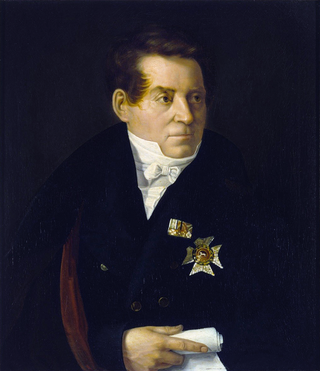
August WilhelmSchlegel, usually cited as August Schlegel, was a German poet, translator and critic, and with his brother Friedrich Schlegel the leading influence within Jena Romanticism. His translations of Shakespeare turned the English dramatist's works into German classics. Schlegel was also the professor of Sanskrit in Continental Europe and produced a translation of the Bhagavad Gita.
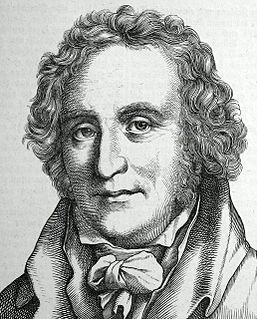
Friedrich Leopold Graf zu Stolberg-Stolberg, was a German lawyer, and translator born at Bramstedt in Holstein. He was also a poet of the Sturm und Drang' and early Romantic periods.
Johann Heinrich Joseph Düntzer was a German philologist and historian of literature.
This article contains information about the literary events and publications of 1781.
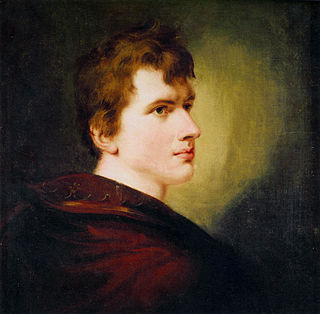
Carl Joachim Friedrich Ludwig von Arnim, better known as Achim von Arnim, was a German poet, novelist, and together with Clemens Brentano and Joseph von Eichendorff, a leading figure of German Romanticism.

Johann Peter Eckermann, German poet and author, is best known for his work Conversations with Goethe, the fruit of his association with Johann Wolfgang von Goethe during the last years of Goethe's life.

Johann Gottfried Schadow was a German Prussian sculptor.
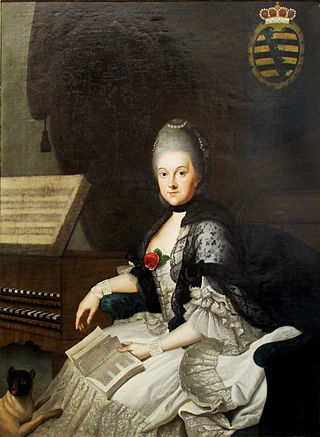
Anna Amalia of Brunswick-Wolfenbüttel, was a German princess and composer. She became the duchess of Saxe-Weimar-Eisenach, by marriage, and was also regent of the states of Saxe-Weimar and Saxe-Eisenach from 1758 to 1775. She transformed her court and its surrounding into the most influential cultural center of Germany.
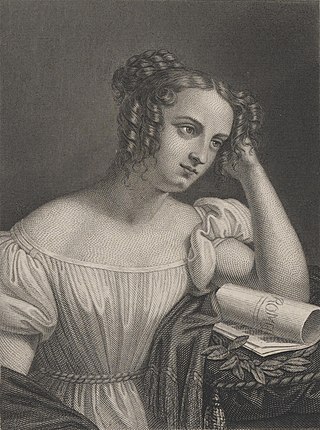
Wilhelmine Schröder-Devrient, born Wilhelmine Schröder, was a German operatic soprano. As a singer, she combined a rare quality of tone with dramatic intensity of expression, which was as remarkable on the concert platform as in opera.
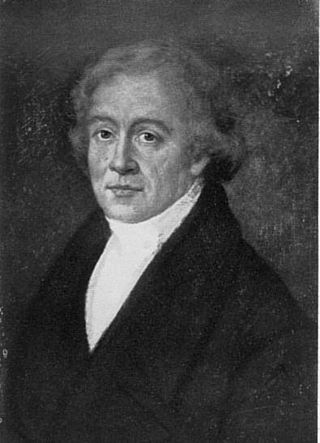
Christian August Vulpius was a German novelist and dramatist. His sister married the noted German writer Johann Wolfgang von Goethe.
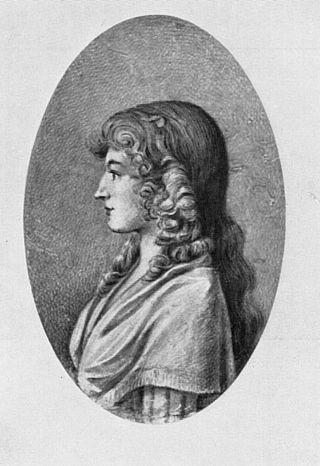
Christiane Luise Amalie Becker-Neumann was a German actress.
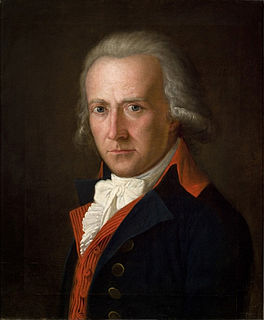
Friedrich von Matthisson was a German poet, an early member of the German Romantic movement. His best known poem is probably Adelaide, which was set to music by Beethoven.

Johann Friedrich, Freiherr Cotta von Cottendorf was a German publisher, industrial pioneer and politician.

Tharandt is a municipality in Saxony, Germany, situated on the Weißeritz, 9 miles southwest of Dresden.

Bad Lauchstädt (help·info), officially Goethestadt Bad Lauchstädt, is a town in the district Saalekreis, Saxony-Anhalt, Germany, 13 km southwest of Halle. Population 8,781 (2020).
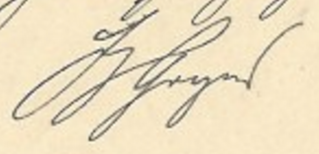
Ludwig Geiger was a German author and historian.
Johann Friedrich Cotta was a German Lutheran theologian.
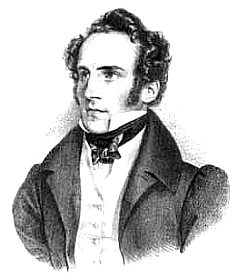
Karl August Devrient was a German stage actor best known for performances of Schiller and Shakespeare. He was related to other notable German actors, including:
Events from the year 1832 in Germany.
References
- ↑ Chisholm, Hugh, ed. (1911). . Encyclopædia Britannica . Vol. 24 (11th ed.). Cambridge University Press. p. 325.
- ↑ One or more of the preceding sentences incorporates text from a publication now in the public domain : Chisholm, Hugh, ed. (1911). "Goethe, Johann Wolfgang von". Encyclopædia Britannica . Vol. 12 (11th ed.). Cambridge University Press. p. 185.
- This article incorporates text from a publication now in the public domain : Wood, James, ed. (1907). The Nuttall Encyclopædia . London and New York: Frederick Warne.
{{cite encyclopedia}}: Missing or empty|title=(help)